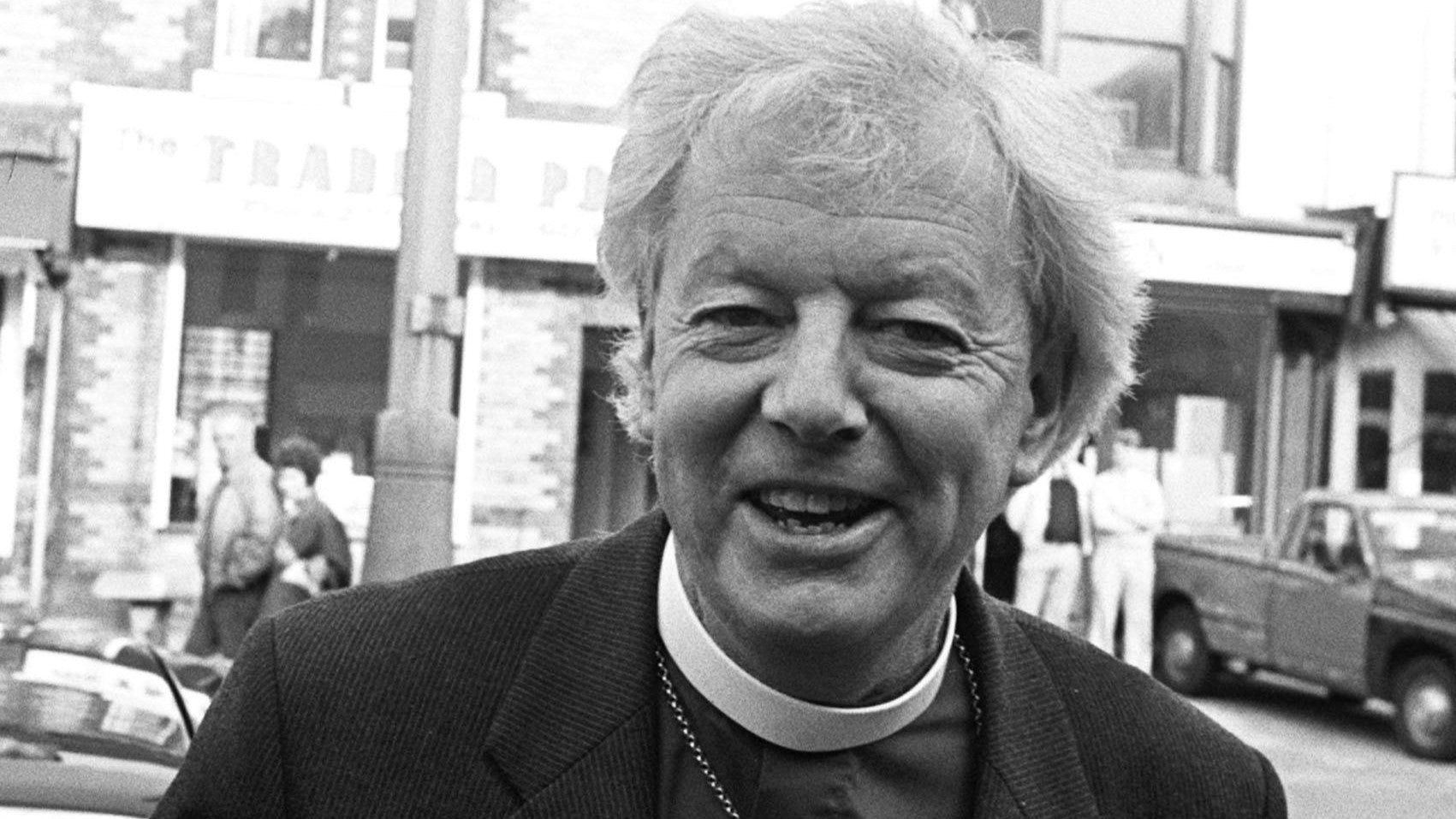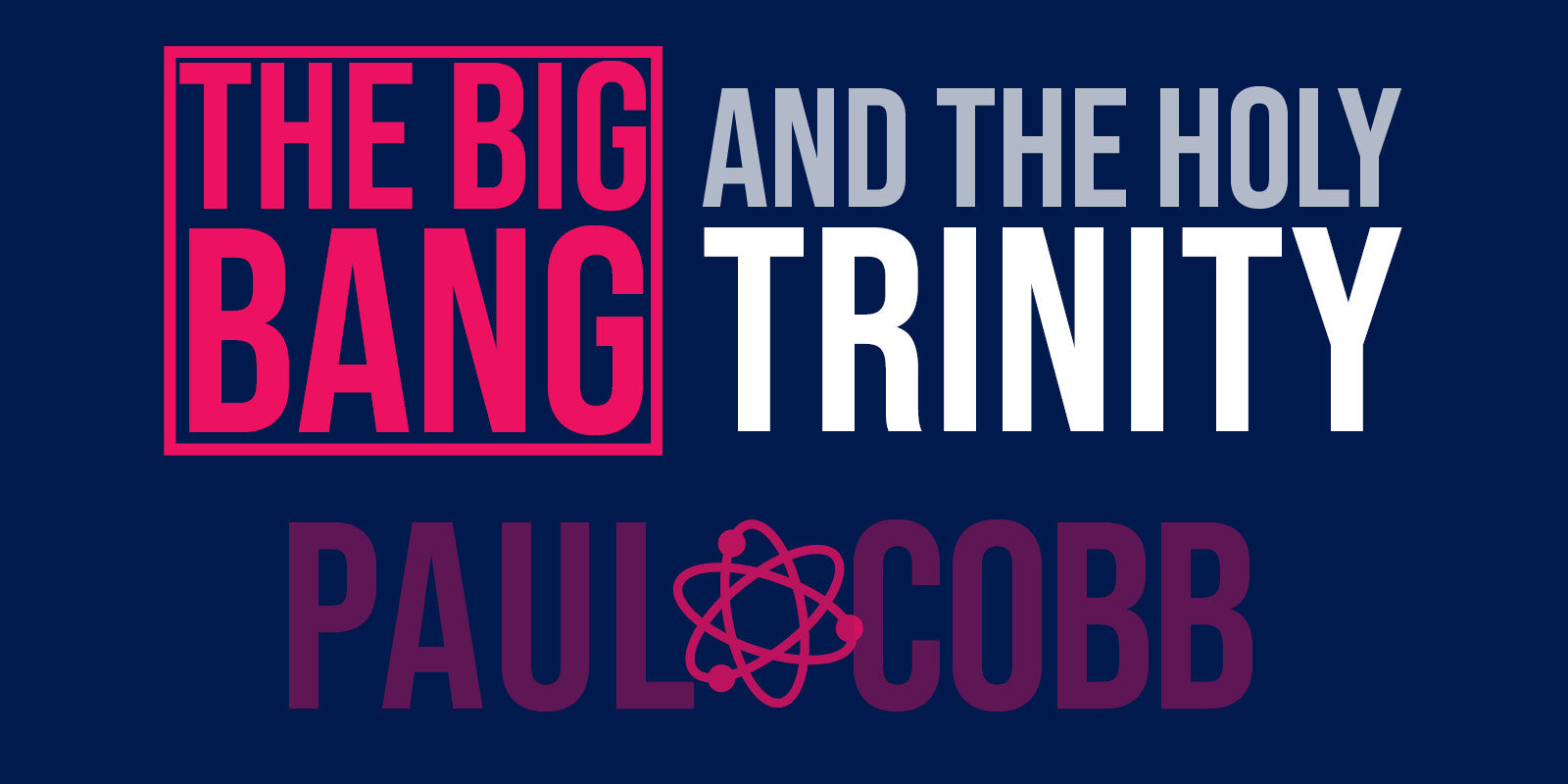GUEST BLOG: With a new liturgical year just around the corner, we’re focusing on some of our liturgical resources as part of our November #ThemeOfTheMonth: New Beginnings. In this week’s blog Graham Turner, author of Alternative Collects: Prayers to a Disruptive & Compassionate God, discusses our need to grieve as a society, a church and individuals if we want to be able to move forward into new seasons.
It feels as though many things are ending: the ease of being close to others, because of the pandemic; guilt-free wealthy lives, because of the impact of climate change; and church as we have known it, because of dwindling congregations. It is not difficult to see why depression lurks at the door of our lives.
With each of these, there are clearly practical things we can and must do to reduce their damaging impact and soften the blow for those who will suffer the most. However, we must also ask the important question of where we are going as a world community and as the church. In liminal times such as these (times when we realise we are not in control) we face three choices: try to get back to where we once were; remain stuck where we are; or be open to new possibilities and new beginnings.
Within the church, there is a distinct pressure to ‘get things going again’. From what I hear, it is all about making strategies and action plans; it is all about doing things, a lot more things. Almost without exception, the clergy and church leaders I have spoken to recently are despondent about this, some are depressed and anxious. They feel that they should get on and do these things, but their hearts are just not in it. It is also interesting that an increasing number of church members are starting to feel the same way. Some are honest enough to say that they’ve quite enjoyed the space and peace church lockdown brought.
This ennui we feel can be the crack in the life of the church that could allow in the light we need to see a different future, but not one based on rapidly made strategies, easy answers or unrealistic expectations. In liminal times it is crucial to take time and not hurry. It is important to ask ourselves: What Biblical story are we following?
Looking back over the years, I think we have majored on a few Biblical stories to the exclusion of many others. We have often highlighted:
- God’s people entering Canaan to conquer the land
- Rebuilding of the walls of Jerusalem
- The growth of the early church
- St Paul’s missionary journeys
These are all about taking ground, moving forward and positive development. On the back of these, we busied ourselves in a multitude of missional activities. Many of these easily played to massaging our egos, even though we said we did them for the glory of God (but like Achan in the Old Testament, I guess we kept something back for ourselves).
While there are a few so-called success stories, it seems these movements have made little lasting impact on most congregations who today worry about paying their way and their own survival. Sadly we have not been very good at examining why so much of this has not worked, yet there is an urge in churches to get on and do yet more of the same. Maybe we should take heed of the saying that to carry on doing the same thing expecting a different outcome is a sign of madness.
So where do we go from here? How do we discover new possibilities? How find a new beginning?
There are other Biblical stories that we have paid less attention to. I believe these fit much better with our present situation of apparent decline and emotional despondency. These are the liminal stories of:
- Exile
- Wilderness
- Lament
- Easter Saturday
In their Babylonian exile, God’s people faced three temptations: despair, because they felt that nothing could be done; assimilation, as it was easier and less painful to give up their Jewishness; and denial, as it saved them from facing the true devastation of their situation. These feel like temptations we face today in the church and in the world at large.
The wisdom of our scriptural tradition offered hope of new beginnings in dark times, but it did not come from managers or strategists. It came from those who mourned. The people who were the real hope for God’s people during hard times were those who sat and cried, who wept, who shed tears of grief. As Jesus said, “Blessed are those who mourn, for they shall be comforted.” This is how we access comfort and through this comfort, hope.
We know that when somebody loses a loved one, the best thing they can do is grieve – not keep busy (which is of course denial). Only once they have properly grieved will they have any chance of seeing a new life ahead of them.
The weepers and criers are still key to the future of God’s people today. Not the activists, who are often part of the problem. Not the people with multiple ideas. Not those who think we just need to get back to normal.
It is through deep darkness, through weeping and mourning that God starts his new work. He raises up street poets who speak about new possibilities. We call them the prophets. They do not give advice or hand out action plans. They speak in open, porous language that helps people entertain new possibilities. They point out that the new cannot be received until the old has been relinquished. In days gone by they spoke of new a beginning coming in one like a Son of Man, a suffering servant in a time when weapons would be recast into farming equipment while the poor would be lifted up. This would be when God (the only king) would reign once more, they said.
We need to learn the lost art of grieving. So much has been lost in the church and in the world. If we do not do our grief work then our pain will manifest itself in anger, blame and self-harm.
We must learn to be open to the voices on the margins where the poets and the artists come from, the home of the prophets. We cannot keep placing all our hope in strategies and plans, they have their place and time, but not so much yet. If we can first learn to grieve, then maybe we can help a world that is also in denial about its plight, addicted to economic growth while ravaging the earth of its goodness.
For over thirty years, Graham Turner has served in a variety of parishes, mostly in urban neighbourhoods. Through community enterprises and businesses he has worked tirelessly to help overcome social injustice while also exploring a range of Christian traditions to help deepen his own faith as well as that of others. His book Alternative Collects is being featured as part of our November #ThemeOfTheMonth: New Beginnings – you can get your copy here!











